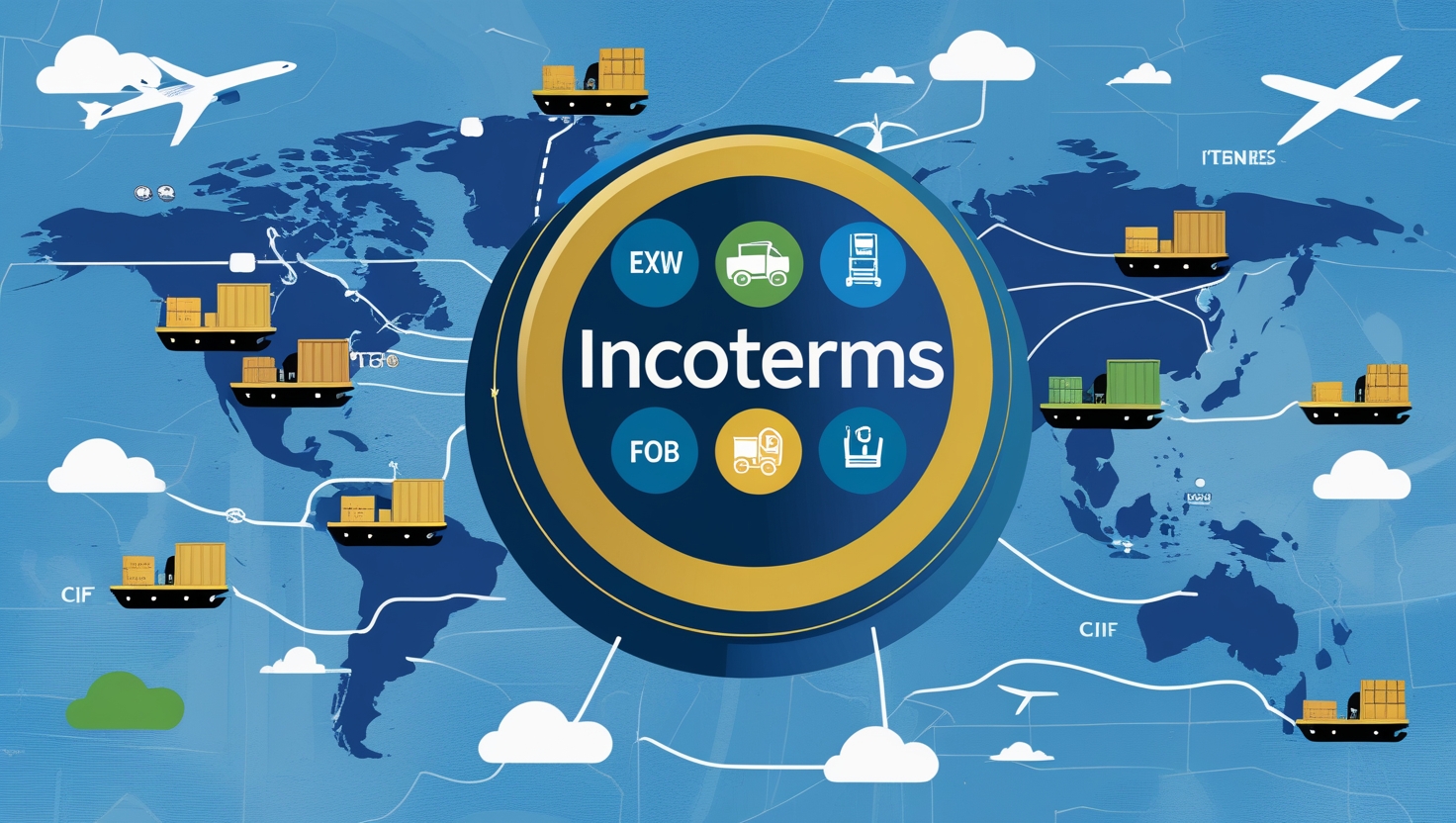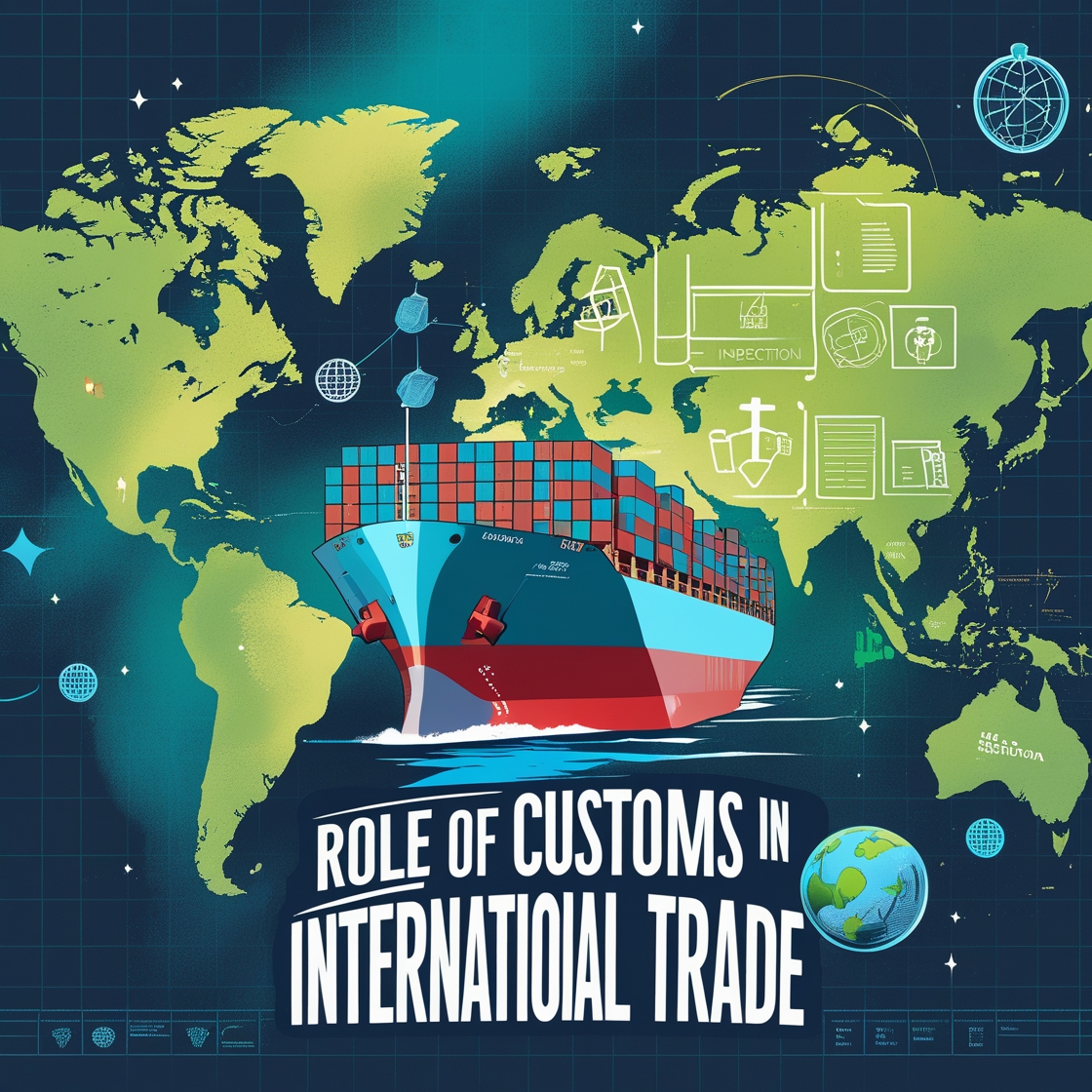The rapid expansion of global trade has led to complexities in trading between nations. Standards were set for making the communication between countries smoother, keeping standardization in mind. So, for efficient trading, standards were set to make the communication between countries smoother. In 1936 the International Chamber of Commerce introduced Incoterms. Since then Incoterms have become a core in international trade. They provide a standard framework for buyers and sellers. They define the cost, risk, and responsibility of carriage of goods. Here we take a detailed look at Incoterms and their importance in international trade.
What are Incoterms?
Incoterms are commercial terms published by the International Chamber of Commerce. These terms are related to international commercial law. Incoterms denote the responsibilities of importers and exporters. They highlight the liabilities during the various stages of transfer of goods. Incoterms work as the medium for International commercial transactions. The primary task of Incoterms is to communicate clearly with buyers and sellers. That is why they are mostly three letter trade terms. Part of the key points Incoterms focus on are:
- Delivery Point: It is the point where responsibilities get transferred to the buyers from the sellers.
- Risk Transfer: This discusses the shift of responsibilities of potential damages from the sellers to the buyers.
- Cost Allocation: This defines who will take care of the cost of transportation, insurance and customs clearance.
Some terms used for any mode of transportation are: EXW, FCA and CIP.
Some terms used for transportation in water ways either by sea or inland water bodies are: FAS, CFR and FOB.
Importance of Incoterms
Borderless Standardization
In 2024 global trade has reached a record breaking $33 trillion which is a huge jump from last year. This unprecedented feat is possible due to implementation of standards worldwide for international trade. Incoterms work as a universal language when it comes to cross border trading. So parties from different parts of the world know about their responsibilities. Consequently this facilitates a smoother transaction by reducing errors in trading.
Reduction in Trade Disputes
ICC has revealed that almost 30% of trade disputes occur because of unclear contract language. It’s natural that importers and exports won’t deal in contracts that are ambiguous in nature. Incoterms aim to reduce these miscommunication by setting up a standard to follow. This results in a faster process for trading and turnover.
Better Management
Incoterms lays down terms for parties involved in trading. Both the importers and exporters know their responsibilities related to transportation, insurance and custom duties. For instance take CIF which is cost, insurance and freight. In case of CIF the seller will cover the insurance and transportation until goods reach the selected destination when the buyer will take over the responsibilities. Laying down terms prevents future disputes between buyers and sellers.
Compliance with Global Trade Regulations
It’s a must that all businesses comply with international laws and regulations when trading with different countries. Compliance with laws and regulations ensure trade security and safety. Companies can avoid penalties and reduce delays by following the set regulations.
Better Logistics
Global trade is mostly done by sea. That is why 80% of total goods are transported by sea. Incoterms specifically made for maritime trade makes this process much smoother. Terms such as FOB, CIF and FAS are vital in maritime trades. By implementing these Incoterms, traders can set up better logistics.
Important Incoterms
Let’s look at some of the commonly used Incoterms in international trade.
- EXW: The full term is Ex Works. It is mostly used in domestic trading. This term indicates the buyers will carry all transportation risks and costs from the seller’s place.
- FOB: Free on Board is mostly used in sea freight and bulk shipments. This means the seller will deliver goods to the buyer’s ship at the port of origin.
- CIF: Cost, Insurance and Freight is used for goods that are valuable and require insurance for security. Here sellers cover transportation and insurance to the port of destination.
- DAP: Delivered at Place are popular for e-commerce. The seller will deliver the goods to the buyer except import clearance.
- DDP: Delivered Duty Paid is used in complex custom systems. The seller will be responsible for import duties and the goods until they reach the buyer.
With each passing day, cross-border trading is rising, which needs even more Incoterms to catch up with the different natures of businesses. Different types of new Incoterms have been coming into the scene for the facilitation of trade. A business dealing in export or import of goods will greatly benefit by making themselves aware of Incoterms because it improves the logistics of their company.


